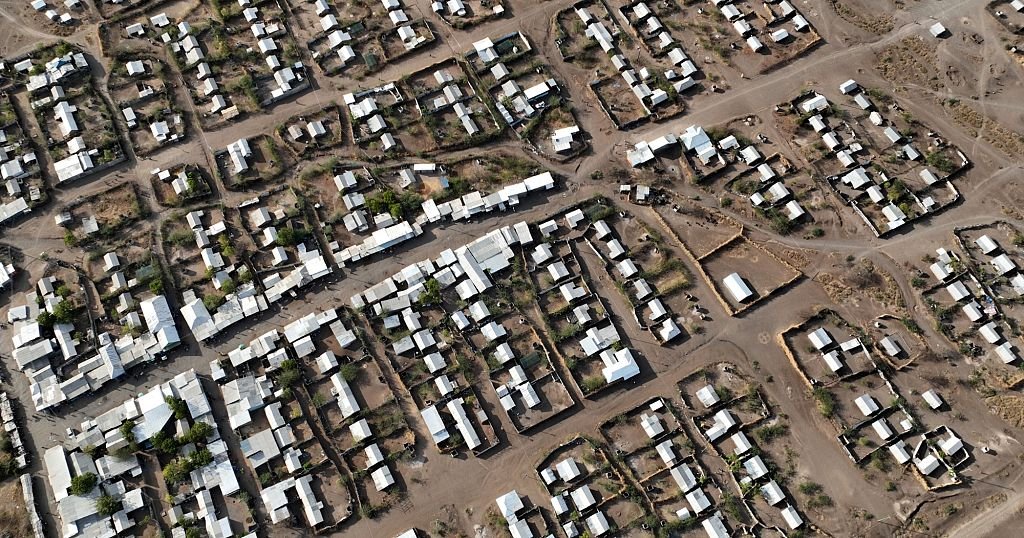Africa
Migration and refugee policies key to economic growth, Say UN and IMF experts

The International Monetary Fund (IMF) unveiled the third chapter of its World Economic Outlook 2025 at the United Nations on Wednesday, with a central focus on the global implications of migration and refugee policies. Titled “Journeys and Junctions: Spillovers from Migration and Refugee Policies,” the report underscores how population movements, when well-managed, can boost economies and strengthen host societies.
Speaking at the launch, Sivanka Dhanapala, Director of the New York Office of the UN Refugee Agency (UNHCR), emphasized that refugees should not be viewed as a burden.
“The evidence is very clear that refugees don’t have to be a burden,” Dhanapala said. “With the right policies in place, refugees can, in fact, contribute to an economy. They can bolster the labor supply, they can provide an increase in tax revenue, and of course, they can drive GDP growth.”
Dhanapala noted that the number of forcibly displaced people worldwide has reached 122.6 million, with projections indicating it could surpass 125 million when UNHCR releases its Global Trends Report in June. “That is a tragedy of our times,” he said, reflecting on the steady rise in displacement over the past decade.
The IMF’s findings echo UNHCR’s call for inclusive policies. The report outlines that while destination countries may experience short-term pressure on public services, the long-term gains—ranging from labor market expansion to increased tax revenues—can far outweigh the initial costs if integration is handled effectively.
Pär Liljert, Director of the International Organization for Migration (IOM)’s New York Office, echoed this sentiment, calling for migration to be embedded into broader development strategies.
“Governments wishing to develop well-managed migration policies will have to consider the links between mobility and development,” Liljert said. He highlighted the need to include migrants in health policies and to recognize displacement in national risk reduction plans.
Liljert also pointed to dramatic demographic shifts expected in the coming decades, which he said will require proactive labor market strategies.
“Ninety per cent of the global population growth will be attributed to only 26 countries, mostly in Sub-Saharan Africa and South Asia, while 76 countries will experience population decline,” he explained. “We encourage investments in skills development and policies that improve employability to meet the needs of the changing labor markets.”
As global migration trends continue to evolve, the IMF, UNHCR, and IOM are urging governments to adopt forward-looking policies that view mobility not as a challenge to be managed, but as an opportunity to be harnessed.
